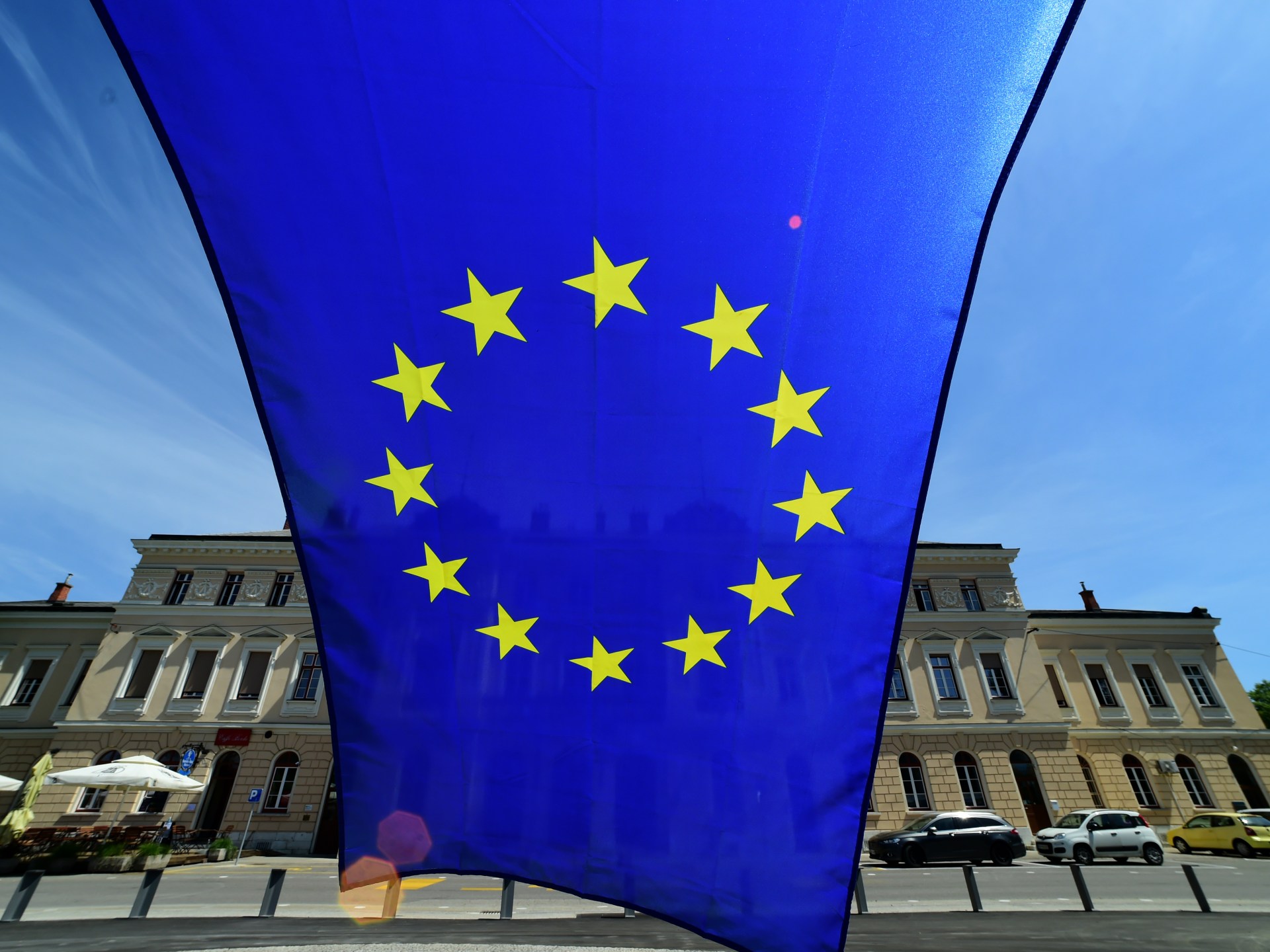Today, Saturday, the Croatian government announced the country's accession to the "Schengen" and "euro" areas, starting from January 1, 2023.
And the Croatian government announced - in a statement - that starting from January 1, 2023, barriers will be lifted at the internal land, sea and railway borders between Croatia and other countries in the "Schengen" area, provided that internal air barriers will be lifted on March 26. next.
In the same context, Croatia will also join the eurozone as of early 2023, which means its conversion from the local currency (kuna) to the euro, according to the statement.
It is expected that Croatia's accession to the Schengen space will contribute to improving the country's economy and increasing its competitiveness thanks to free, faster and cheaper trading of goods and services between member states.
Croatia became a member of the European Union in 2013.
The Schengen area includes 26 countries, including 4 countries outside the European Union (Liechtenstein, Norway, Switzerland, Iceland), and about 400 million people live in this region, and the length of the external borders reaches 50,000 km.
And the "Schengen" agreement - which was signed in 1985 and began to be implemented in 1995 - eliminates borders between member states.

